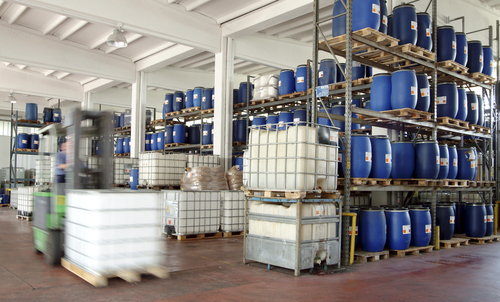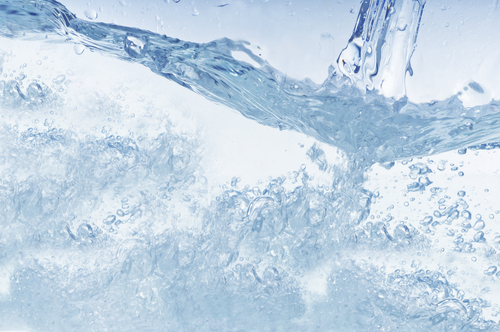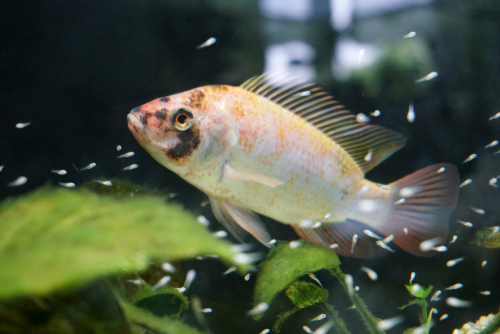Intermediate bulk containers, or IBCs, are typically used to transport industrial solids and liquids like solvents, gels, pastes and other materials. But they’re also great for the environment. You can use them to purify water or even for aquaponics. Learn more about these reliable containers and how you can use them to protect the planet in more ways than one.
What Are IBC Containers?
IBC containers typically feature a large cube-shaped container that is made with high-density polyethylene plastic or composite galvanized steel and plastic. They’re also reinforced with carbon or stainless-steel cages for added protection and easy handling. The container also comes fastened to a pallet for easy handling. Loading dock employees can quickly move these containers around without having to search for a separate pallet. At the bottom, the container will also feature a built-in nozzle for quickly dispensing the contents.
IBCs are used across many different industries. They’re commonly used to transport and store industrial solids and liquids, many of which can be extremely toxic. They can also be used to purify and store drinking water and even to raise fish and plant life.
How IBCs Can Protect the Environment
1. Purify Drinking Water
Drinking water is a precious natural resource, one that’s in limited supply. According to the World Health Organization, half of the world’s population will be living in water-stressed areas by the year 2025. But IBCs can help. Individuals and organizations that want to create their own source of clean drinking water can use IBCs to transport the chemicals used to treat the water. This makes the treatment process more accessible to populations around the globe. IBCs are durable and help prevent leaks, making it easy to ship these chemicals around the globe.
Individuals and organizations can also use IBCs to store clean drinking water for years on end so that they don’t have to worry about their precious supply going to waste. These containers are designed to keep pollutants out so that the water will still be safe to drink years after it’s been treated.
2. Prevent Hazardous Leaks
IBCs are often used to transport hazardous chemicals and industrial solids that can be harmful to the environment. Using an IBC tote is often the most reliable way to transport these materials. The plastic won’t break down over time so that the contents will stay inside the container where they belong. They’re also easy to handle so that loading dock employees can transport these chemicals safely without accidentally springing a leak.
If one of these chemicals accidentally spilled out of the container, it could lead to an environmental disaster, damaging the local ecosystem and endangering plant and animal life. That’s why it’s best to use IBCs when transporting these kinds of materials.
3. The Beauty of Aquaponics
Aquaculture is a big business as seafood continues to dominate the international food industry. But aquaculture can also be harmful to the environment. If fish are kept in the same container for long periods of time, their excrement will start to contaminate the water, turning the water toxic. This can lead to the spread of foodborne diseases and pollute the world’s water supply.
But when the same IBC container is used for both aquaculture and hydroponics, or the act of raising plants in water, the fish excrement will be used to fertilize the plants. The plants will then pump nutrients back into the water for the fish to consume, leading to a healthier crop of fish and keeping toxic excrement out of the world’s supply of drinking water.
4. Reusable
Last but not least, IBC totes are also completely reusable, so you don’t have to keep ordering new shipping containers every time you need to send out a new order. This limits the number of containers manufactured and shipped around the world. This means companies don’t need to use as much fuel to move their products from place to place, reducing greenhouse gas emissions and protecting the environment for future generations.
IBCs can be used to transport and store a range of materials. They’re durable and reliable enough to keep toxic chemicals out of the environment, and they can even be used to protect the world’s supply of drinking water. The next time you need to ship hazardous chemicals, use an IBC tote so that you can rest assured that you’re not wreaking havoc on the environment. If you’re done using your IBC, consider using it to store drinking water or for aquaponics. Protect the environment and invest in some IBC containers today!


